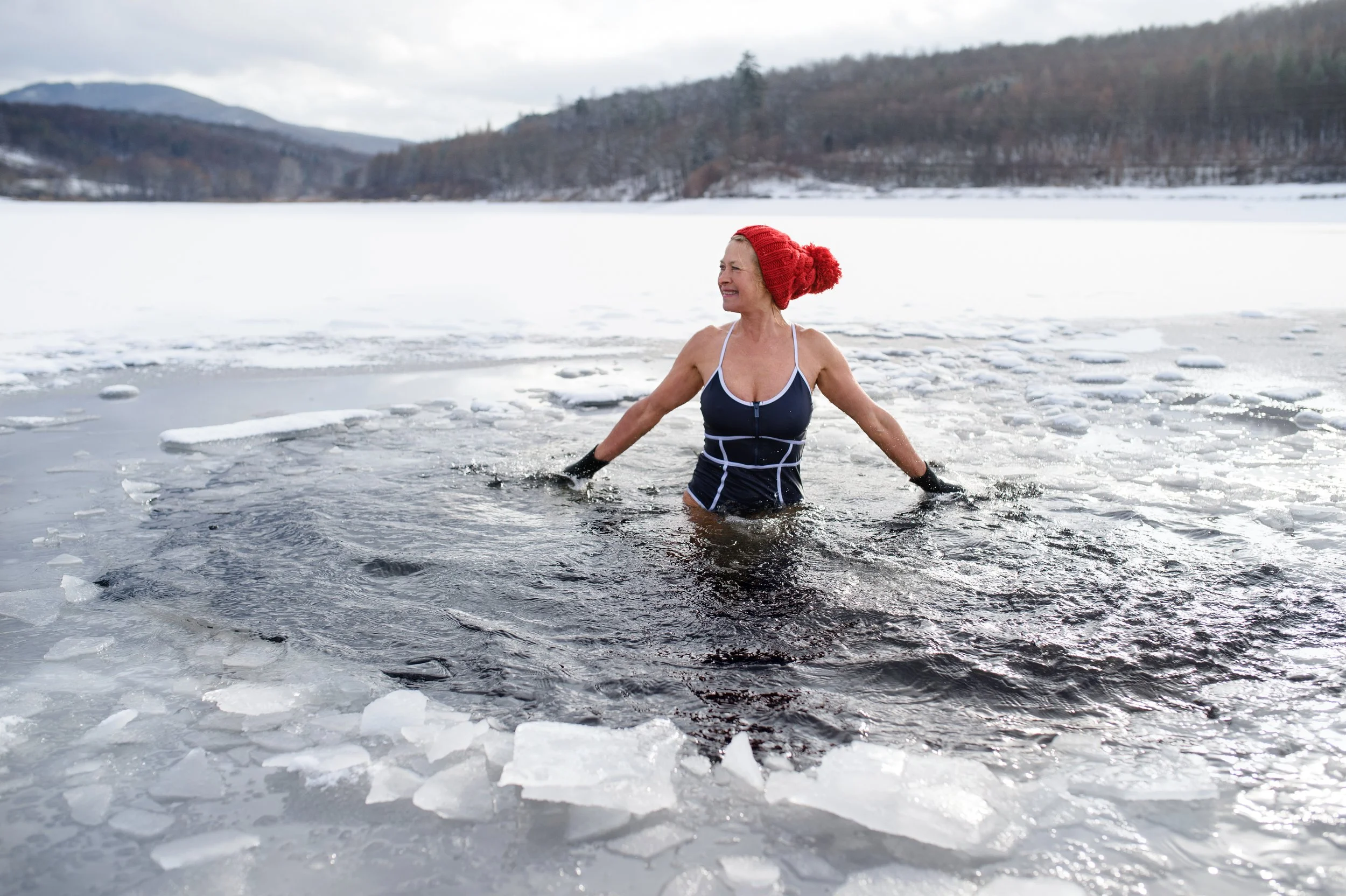Cryotherapy, the practice of exposing the body to extremely cold temperatures for a short duration, has gained popularity in recent years. While it may seem counterintuitive to subject oneself to such harsh conditions, there is growing evidence to support its potential benefits for both physical and mental health.
The Science of cryotherapy
Cryotherapy involves exposure to temperatures as low as -200°F (-129°C) for a brief period, typically between 1-3 minutes. This extreme cold can induce a physiological response known as the "hormetic effect," where the body adapts to a stressor by becoming more resilient.
Potential benefits of cryotherapy
Pain relief: Exposure to cold temperatures can help reduce inflammation and numb pain receptors, providing relief for conditions such as arthritis, muscle soreness, and joint pain.
Reduced muscle soreness: Cryotherapy has been shown to reduce delayed-onset muscle soreness (DOMS) after intense workouts, potentially aiding in recovery and improving athletic performance.
Improved circulation: The body's response to cold temperatures can stimulate blood flow and improve circulation, which can help promote healing and reduce inflammation.
Boosted metabolism: Some studies suggest that cryotherapy can temporarily increase metabolism, potentially aiding in weight loss and fat burning.
Stress reduction: Exposure to cold temperatures can activate the body's stress response, potentially leading to a sense of calm and relaxation after the session.
Research
The Mayo Clinic notes that while cryotherapy has gained popularity, more research is needed to fully understand its long-term effects. However, studies have shown promising results for:
Rheumatoid arthritis
Multiple sclerosis
Chronic low back pain
Heart health
Mental health
Weight loss
Considerations and precautions
While cryotherapy can offer potential benefits, it's important to consult with a healthcare professional before starting a treatment plan. Individuals with certain medical issues, such as Raynaud's disease or some heart conditions, may need to avoid cryotherapy.
“Cryotherapy is not for everybody. It’s an intense and acute form of intervention. While it may work for some, others may not be able to tolerate it. Even if cryotherapy sessions are very short, they still may be too extreme for some people. Acute exposure to a cold environment, either air or water, causes a stress reaction, as well as a temporary jump in blood pressure. Cold causes the blood vessels to temporarily constrict, which in turn results in higher pressure. There also may be other negative effects that aren’t known yet.”
June in Portland: The Delta Park Powwow
The Delta Park Powwow and Encampment is a rich celebration of culture, featuring mesmerizing traditional dancing competitions and exhibitions, powerful drumming, a diverse array of arts and crafts vendors, and delicious food. Attendees can also experience traditional Native American games and more.
Come visit us at Parkside
Come see our expert team at Parkside Clinic where we tailor our care to your specific condition and tap into your body’s natural healing ability. Make an appointment, or if you have any questions, contact us.



